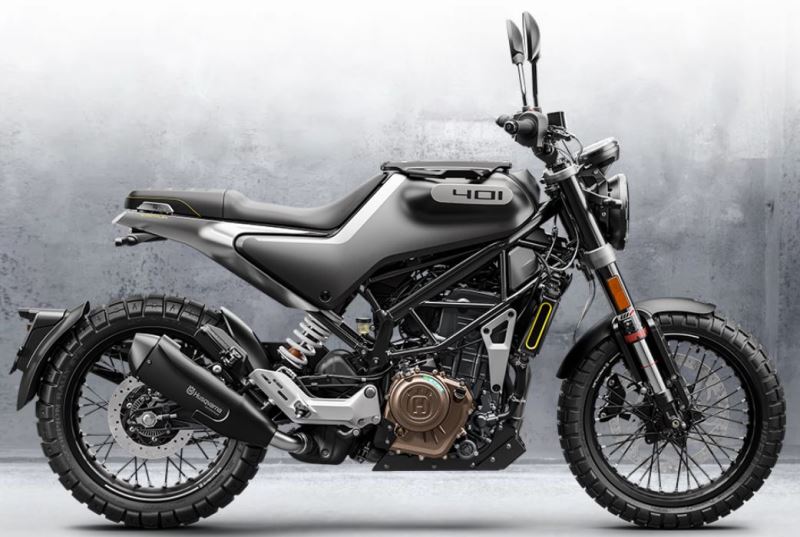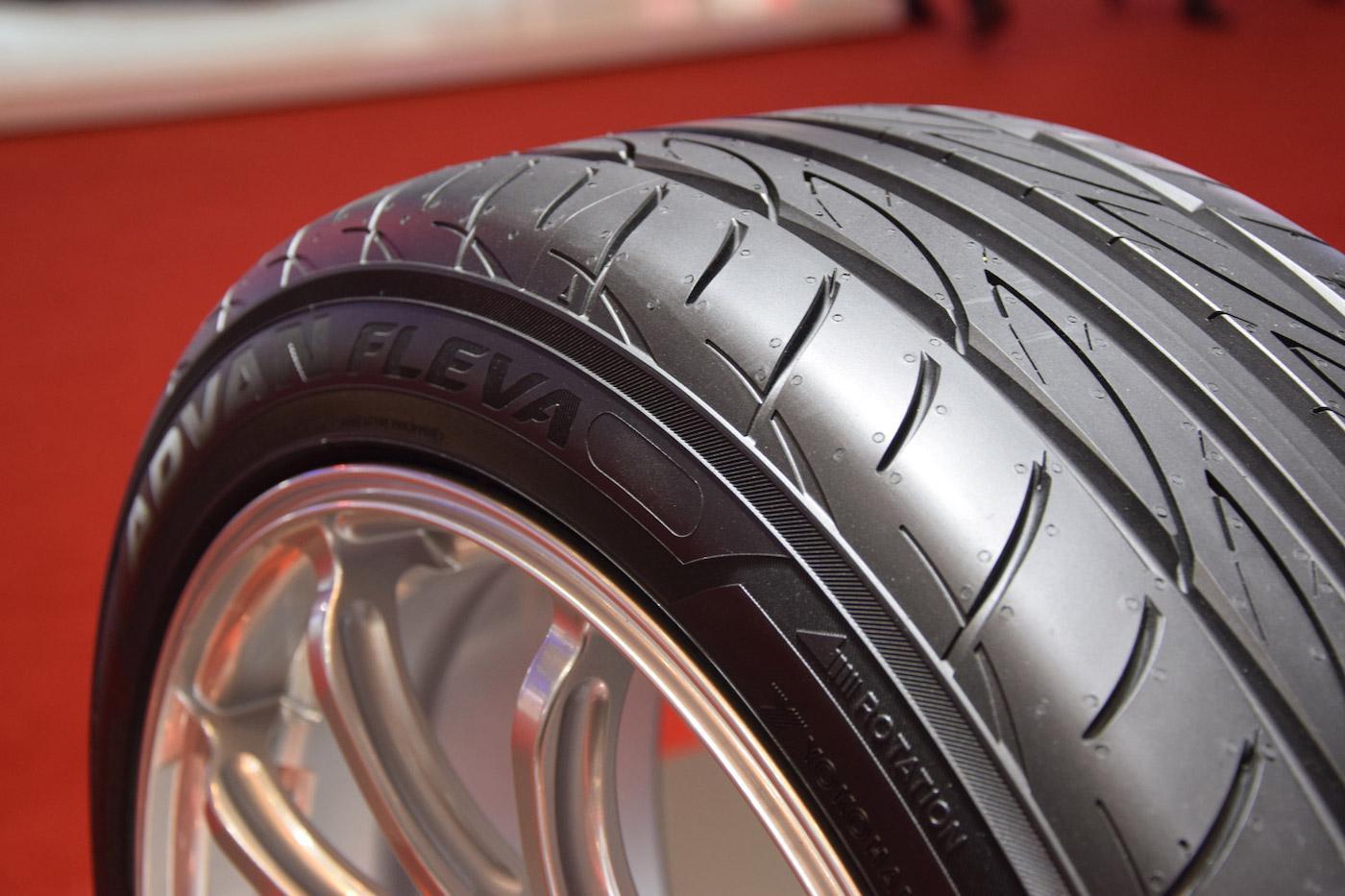
Which rubber is better: Nokia, Yokohama or Continental
Content
Tires from the manufacturer Nokia 10-12 years ago were repeatedly recognized as the “product of the year”, leading the TOPs of automotive publishers (for example, Autoreview). Let's find out which tires are better: Nokia or Yokohama, based on the opinions of real buyers.
With the onset of cold weather, motorists have a difficult time choosing tires for the winter. Among the many manufacturers and models in their lines, it is easy to get confused. We compared tires of brands common in Russia in order to answer the question for car owners which tires are better: Yokohama or Continental, or Nokia.
Comparison of Yokohama and Continental rubber
| Features | ||
| Tire brand | Yokohama | Continental |
| Places in the ratings of popular auto magazines (Behind the wheel, Avtomir, Autoreview) | Not lower than 5-6 places in the TOPs of automotive publishers | Stably occupies 2-4 positions |
| Exchange rate stability | Packed snow and icy surfaces are a serious test for these tires, it is better to slow down | Stable on all surfaces |
| Snow flotation | Good, for snow porridge - mediocre | Even a front-wheel drive car on this rubber can easily get out of a snowdrift due to a successful tread pattern |
| Balancing quality | No complaints, some wheels do not require weights | No more than 10-15 g per disc |
| Behavior on the track at a temperature of about 0 ° C | Stable, but in corners it is better to slow down | Similar to the "Japanese" - the car retains controllability, but there is no need to arrange races on a wet track |
| Softness of movement | The ride is very comfortable, but buyers warn about the poor "compatibility" of Japanese tires with Russian road pits - there is a possibility of hernias | Friction varieties in this indicator are in no way inferior to summer tires, studded models are a little tougher, but not critical |
| Manufacturer | Produced at Russian tire factories | Tires are partly supplied from the EU and Turkey, some varieties are produced at Russian enterprises |
| Range of sizes | 175/70R13 – 275/50R22 | 175/70R13 – 275/40R22 |
| Speed index | T (190 km / h) | |
According to the main characteristics, the products of the Japanese and European brands are almost identical. Buyers note that the Yokohama is cheaper, but the Continental has better directional stability and handling.
Comparison of rubber "Nokia" and "Yokohama"
Tires from the manufacturer Nokia 10-12 years ago were repeatedly recognized as the “product of the year”, leading the TOPs of automotive publishers (for example, Autoreview). Let's find out which tires are better: Nokia or Yokohama, based on the opinions of real buyers.
| Features | ||
| Tire brand | Yokohama | Nokia |
| Places in the ratings of popular auto magazines (Autoworld, 5th Wheel, Autopilot) | Approximately 5-6 lines in TOPs | Stable in the area of 1-4 positions |
| Exchange rate stability | On packed snow and icy areas, slow down and refrain from active steering | There are many complaints about the latest models - on clean ice and packed snow, the behavior of the car becomes unstable |
| Snow flotation | Good, but the car starts to get stuck in the porridge | They feel good on a rolled snow-covered surface, but loose snow is not for them. |
| Balancing quality | Good, sometimes no ballast needed | There are no problems, the average weight of the cargo is 10 g |
| Behavior on the track at a temperature of about 0 ° C | Predictable, but in turns it is better to slow down | In such conditions, it is desirable to strictly observe the speed limit. |
| Softness of movement | The tires are comfortable, quiet, but the tread of the low profile varieties is sensitive to bumps (getting into holes) at speed | The rubber is quite soft, but noisy (and this applies not only to studded models) |
| Manufacturer | Produced at Russian tire factories | Until recently, it was produced in the EU and Finland, now the tires sold by us are produced on the territory of the Russian Federation |
| Range of sizes | 175/70R13 – 275/50R22 | 155/70R13 – 275/50R22 |
| Speed index | T (190 km / h) | |
Reviews car owners
It is difficult to understand which tires are better: Yokohama, Continental or Nokia without analyzing the reviews of motorists.
Customer reviews of Yokohama
Motorists like the following characteristics of Japanese brand products:
- a large selection of sizes, including for budget passenger cars;
- adequate cost;
- good handling and directional stability (but not in all conditions);
- the predicted behavior of the car when alternating wet and icy areas during a thaw;
- low noise level.
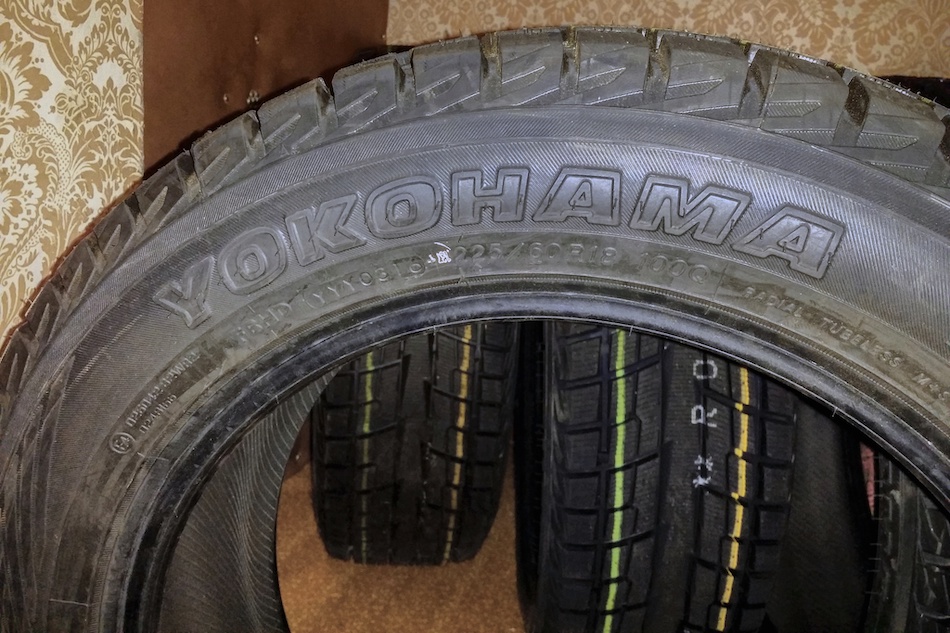
Yokohama
The disadvantages are that the rubber does not tolerate clean ice well, and directional stability in icy areas is also mediocre.
Customer reviews of Continental
Product advantages:
- high quality rubber at an affordable cost;
- a large selection of sizes;
- strength and durability, lack of propensity for spikes to fly out;
- minimal noise;
- handling and flotation on snow and ice.
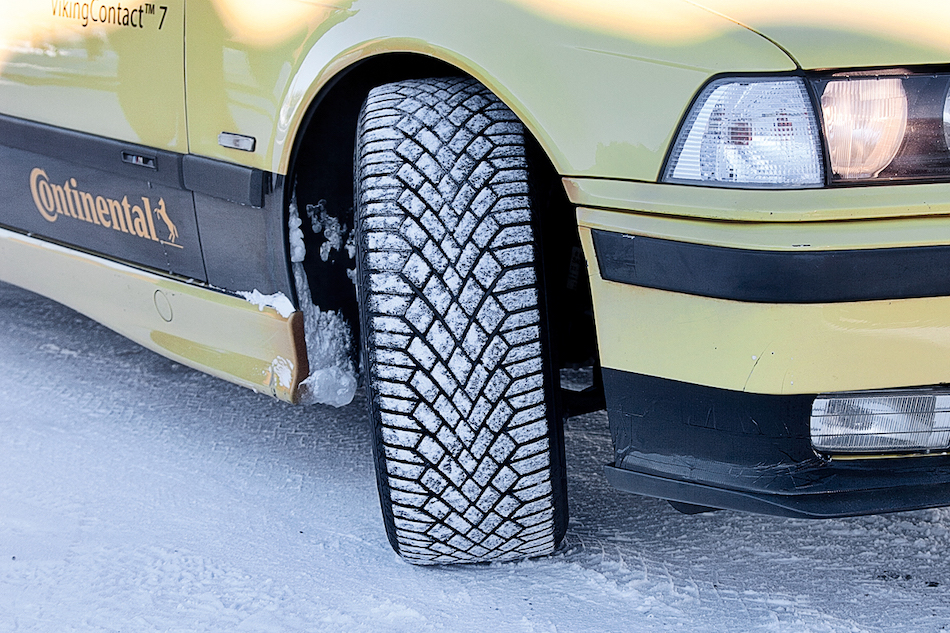
Continental
The disadvantages include sensitivity to rutting roads. It is difficult to call the cost of sizes more than R15 "budget".
Customer reviews of Nokia
The experience of motorists in using Nokia rubber indicates the following advantages:
- durability, resistance to the departure of spikes;
- braking in a straight line;
- good grip on dry pavement.
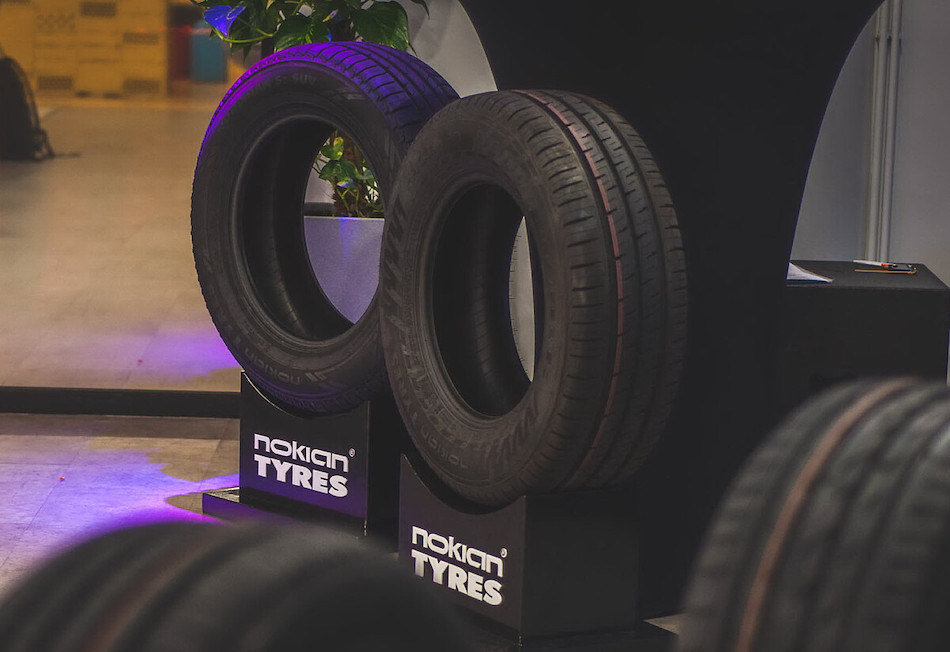
Nokia rubber
But this rubber has more disadvantages:
- cost;
- mediocre exchange rate stability;
- difficult acceleration and starting off on icy areas;
- weak side cord.
Many users also talk about tire noise even at low speeds.
Conclusions
Based on the analysis of user opinions, the places can be distributed as follows:
- Continental - for those who need reliable tires at a relatively low price.
- Yokohama - confidently competes with the Continental, having a number of drawbacks, but also cheaper.
- Nokia - this brand, whose tires are more expensive, has not won the love of experienced motorists in recent years.
It is difficult to say exactly which rubber is better: Yokohama or Continental, but experienced motorists advise choosing between them, since the product of the Finnish brand gives too little for its price. Buyers suggest that this is due to the changed production technology.
